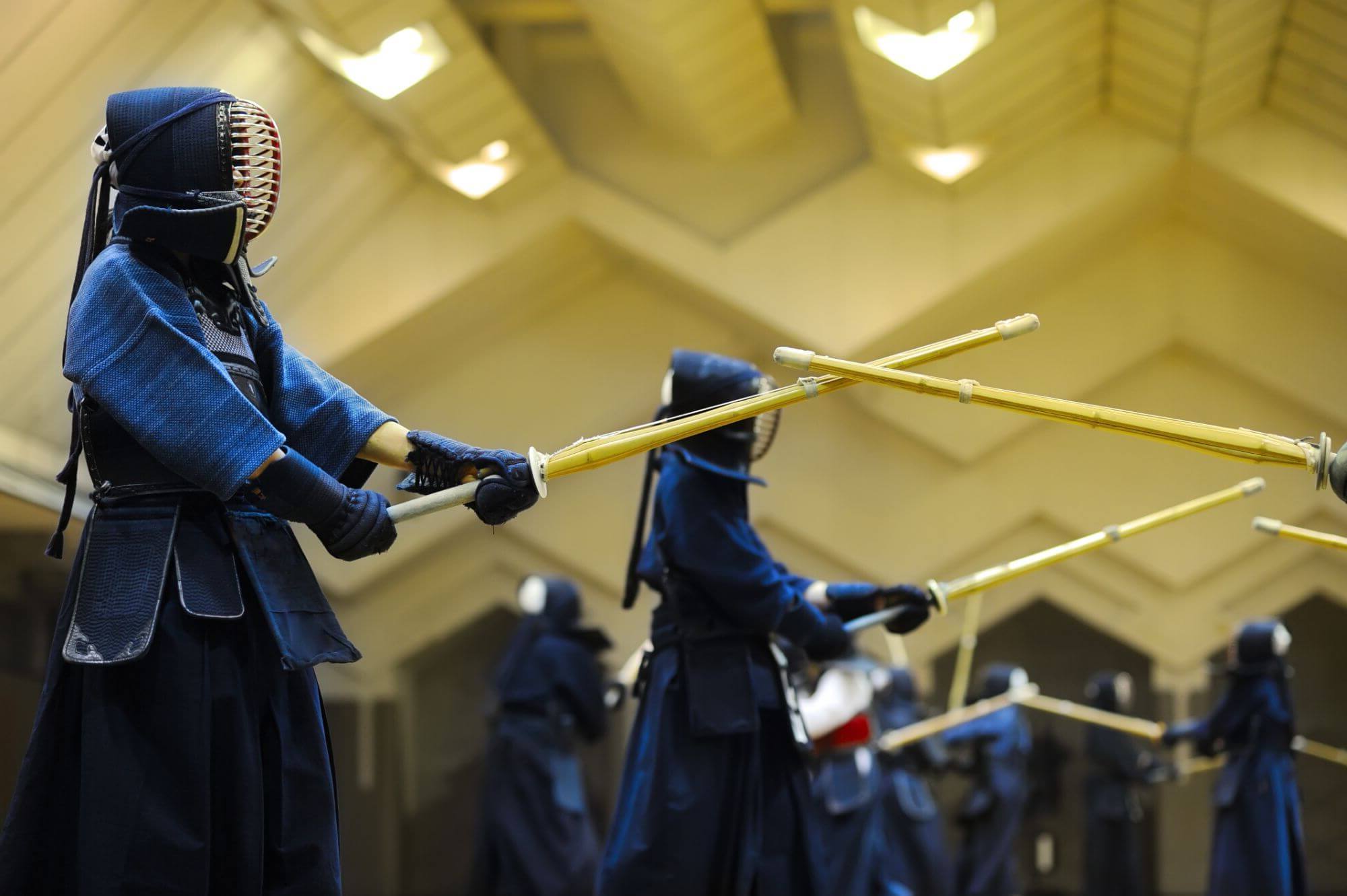
Japanese sports are a fascinating blend of traditional and modern activities that reflect the country's rich cultural heritage and contemporary lifestyle. From the ancient martial art of sumo wrestling to the globally popular baseball, Japan offers a diverse array of sports that captivate both participants and spectators. Sumo wrestling, with its centuries-old rituals, stands as a symbol of Japanese tradition, while baseball, introduced in the late 19th century, has become a national obsession. Additionally, sports like judo, karate, and kendo showcase Japan's dedication to discipline and skill. Whether you're a fan of high-energy competitions or historical sports, Japan's athletic scene has something for everyone.
Key Takeaways:
- Sumo wrestling, a traditional Japanese sport, dates back over 1,500 years and holds deep cultural significance. Wrestlers, known as rikishi, follow strict routines and aim to achieve the prestigious Yokozuna rank.
- Judo, created in 1882, has become a global sport, emphasizing efficiency and leverage. It has influenced other martial arts and became an Olympic sport in 1964, gaining widespread recognition.
The Rich History of Sumo Wrestling
Sumo wrestling is one of Japan's oldest and most iconic sports. It has a deep cultural significance and a rich history that dates back centuries.
- Sumo wrestling originated over 1,500 years ago as a form of entertainment for the Shinto gods.
- The sport's rituals and ceremonies are deeply rooted in Shinto traditions, including the purification of the ring with salt.
- Sumo wrestlers, known as rikishi, live in training stables called heya, where they follow strict routines and diets.
- The highest rank a sumo wrestler can achieve is Yokozuna, a title that comes with immense respect and responsibility.
- Sumo matches are brief but intense, often lasting only a few seconds, with the goal of forcing the opponent out of the ring or making any part of their body other than the soles of their feet touch the ground.
The Global Influence of Judo
Judo, another traditional Japanese sport, has gained international recognition and is practiced worldwide.
- Judo was created in 1882 by Jigoro Kano, who combined various jujitsu techniques into a new martial art focused on throws and grappling.
- It became an Olympic sport in 1964, during the Tokyo Summer Olympics, bringing it to a global audience.
- Judo emphasizes the principle of "maximum efficiency, minimum effort", teaching practitioners to use their opponent's force against them.
- The sport has a belt ranking system, with the black belt being the highest level of proficiency.
- Judo has influenced other martial arts and combat sports, including Brazilian Jiu-Jitsu and mixed martial arts (MMA).
The Popularity of Baseball in Japan
Baseball, introduced to Japan in the 19th century, has become one of the country's most beloved sports.
- Baseball was introduced to Japan by an American teacher, Horace Wilson, in 1872.
- The Nippon Professional Baseball (NPB) league, established in 1936, is Japan's premier baseball league.
- Japanese baseball games are known for their enthusiastic fans, who often engage in coordinated cheering and singing.
- Many Japanese players have found success in Major League Baseball (MLB), including Ichiro Suzuki and Shohei Ohtani.
- High school baseball tournaments, such as the Koshien, are major events in Japan, drawing large crowds and significant media coverage.
The Art of Karate
Karate, a martial art that originated in Okinawa, has become a symbol of Japanese culture and discipline.
- Karate means "empty hand" in Japanese, reflecting its focus on striking techniques without weapons.
- It was developed in the Ryukyu Kingdom (modern-day Okinawa) and later spread to mainland Japan.
- Karate practitioners, known as karateka, train in dojos and follow a strict code of conduct and etiquette.
- The sport has various styles, including Shotokan, Goju-Ryu, and Kyokushin, each with its own techniques and philosophies.
- Karate became an Olympic sport for the first time at the Tokyo 2020 Summer Olympics, showcasing its global appeal.
The Thrill of Japanese Motorsports
Japan has a vibrant motorsports scene, with a rich history of racing and automotive innovation.
- The Suzuka Circuit, built in 1962, is one of the most famous racetracks in the world and hosts the Japanese Grand Prix.
- Drifting, a motorsport where drivers intentionally oversteer to maintain control through corners, originated in Japan and gained international popularity.
- Japanese automakers, such as Honda, Toyota, and Nissan, have a strong presence in motorsports, including Formula 1 and endurance racing.
- The Super GT series, Japan's premier sports car racing championship, features high-performance vehicles and attracts top drivers from around the globe.
Final Glimpse at Japanese Sports
Japanese sports culture is a fascinating blend of tradition and modernity. From sumo wrestling to baseball, each sport holds a unique place in the hearts of the Japanese people. The dedication and discipline seen in athletes reflect the broader cultural values of perseverance and respect. Whether it's the ancient rituals of sumo or the high-energy excitement of baseball games, sports in Japan offer something for everyone. The country's commitment to excellence is evident in its numerous Olympic achievements and the global popularity of its sports leagues. Understanding these facts not only gives insight into Japan's sports scene but also offers a glimpse into its rich cultural heritage. So next time you watch a Japanese sporting event, you'll appreciate the depth and history behind every move.
Frequently Asked Questions
Was this page helpful?
Our commitment to delivering trustworthy and engaging content is at the heart of what we do. Each fact on our site is contributed by real users like you, bringing a wealth of diverse insights and information. To ensure the highest standards of accuracy and reliability, our dedicated editors meticulously review each submission. This process guarantees that the facts we share are not only fascinating but also credible. Trust in our commitment to quality and authenticity as you explore and learn with us.
